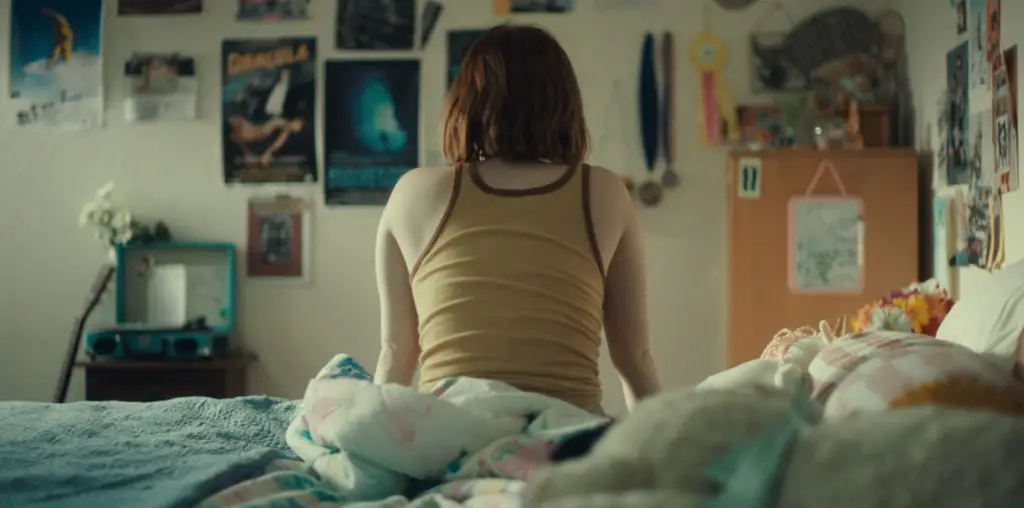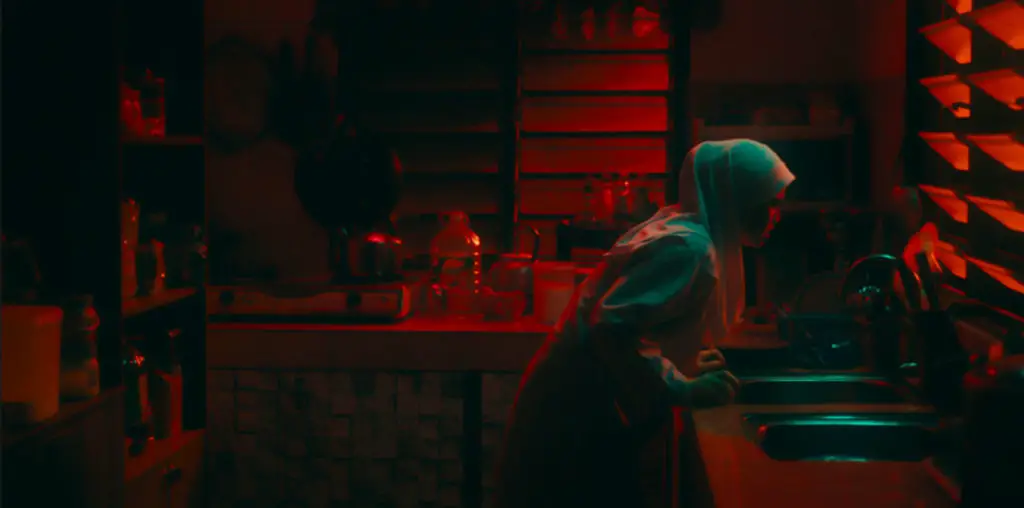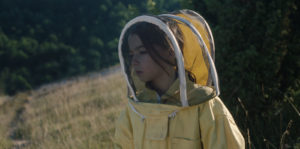
In the early stages of adolescence, it’s common for a young person to question who they truly are and who they want to be when they grow up. 20,000 Species of Bees by writer/director Estibaliz Urresola Solaguren is a thoughtful coming-of-age tale about self-identity, family bonds, and growing up.
Three children and their mother take a train ride back to their mom’s hometown for a baby baptism while their father stays behind. One of the children, Aitor (Sofia Otero), goes by the nickname “Coco” and is teased about the name by other children in the family. The truth is that Aitor doesn’t care much for the name Coco either but isn’t quite sure what name they would like to be called. Townspeople comment on the length of Aitor’s hair and refer to him as a beautiful girl, while extended family members are displeased by Aitor’s feminine appearance.
Meanwhile, Aitor’s mother, Ane (Patricia Lopez Arnaiz), has a renewed passion for creativity when she revisits her late father’s art studio at her childhood home. She is reminded of the sculptures she and her father created in the space and advocates for the importance of maintaining and keeping the art studio, though her mother plans otherwise. Ane sinks her time into a project at the studio to rekindle her sculpting skills for a potential teaching appointment.
Aitor is introduced to the family’s beekeeping house by his aunt, who notices that the child is different. Aitor learns the essentials of beekeeping and is taught about the life of a bee. At the beekeeping house, Aitor has a transformative experience and is encouraged to explore who he really is and who he wants to be.
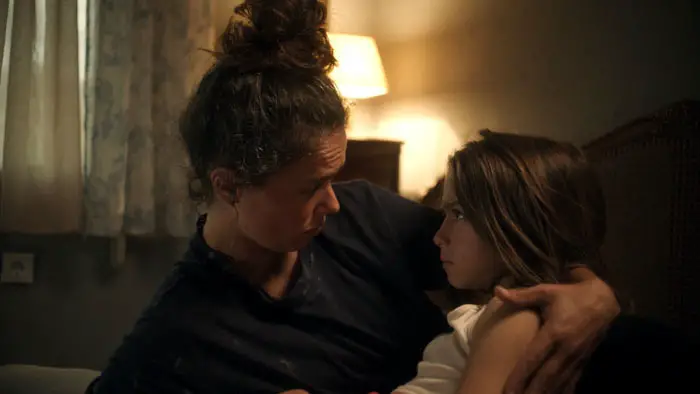
“…thoughtful coming of age tale about self-identity, family bonds, and growing up…”
Gender identity and its effect on kids is a fiercely debated topic in the current cultural and political zeitgeist. 20,000 Species of Bees contributes to the topic of gender dysphoria meaningfully through the eyes of a child and their mother. The film depicts Aitor’s identity crisis strikingly and empathetically as he shows interest in things attributed to girls.
Ane struggles to understand her son’s thoughts and feelings, which becomes the point of major frustration between the two. Ane’s dysphoria is not about gender identity but about her occupation, career, and success as a mother. I love the backdrop of bee transformation as an analogy for what the two main characters are experiencing.
Beautiful cinematography and very fine acting from Arnaiz and Ortero make the delicate scenes between mother and son very enjoyable to watch. Arnaiz brings a passionate performance to Ane. Ortero, as Aitor, exudes unbelievable maturity and acting talent for someone at such a young age.
The film does run a bit longer than it probably should. The plot is slow to develop. A couple of scenes could have been trimmed out to tighten up the runtime. Some viewers might get lost along the way in the slower scenes that don’t contribute much to the main plot. The film has a contemplative tone that will please viewers who enjoy that style.
20,000 Species of Bees is a slow burn where most scenes are understated and intimate but culminate into a work that stands strong in the end.
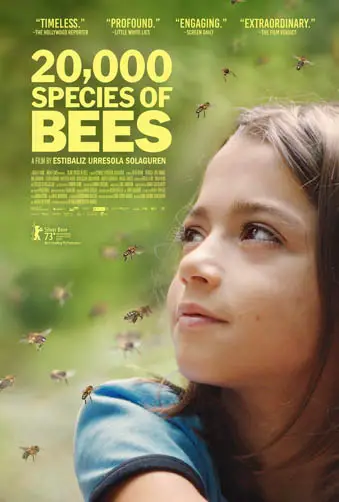
"…contributes to the topic of gender dysphoria meaningfully through the eyes of a child..."
